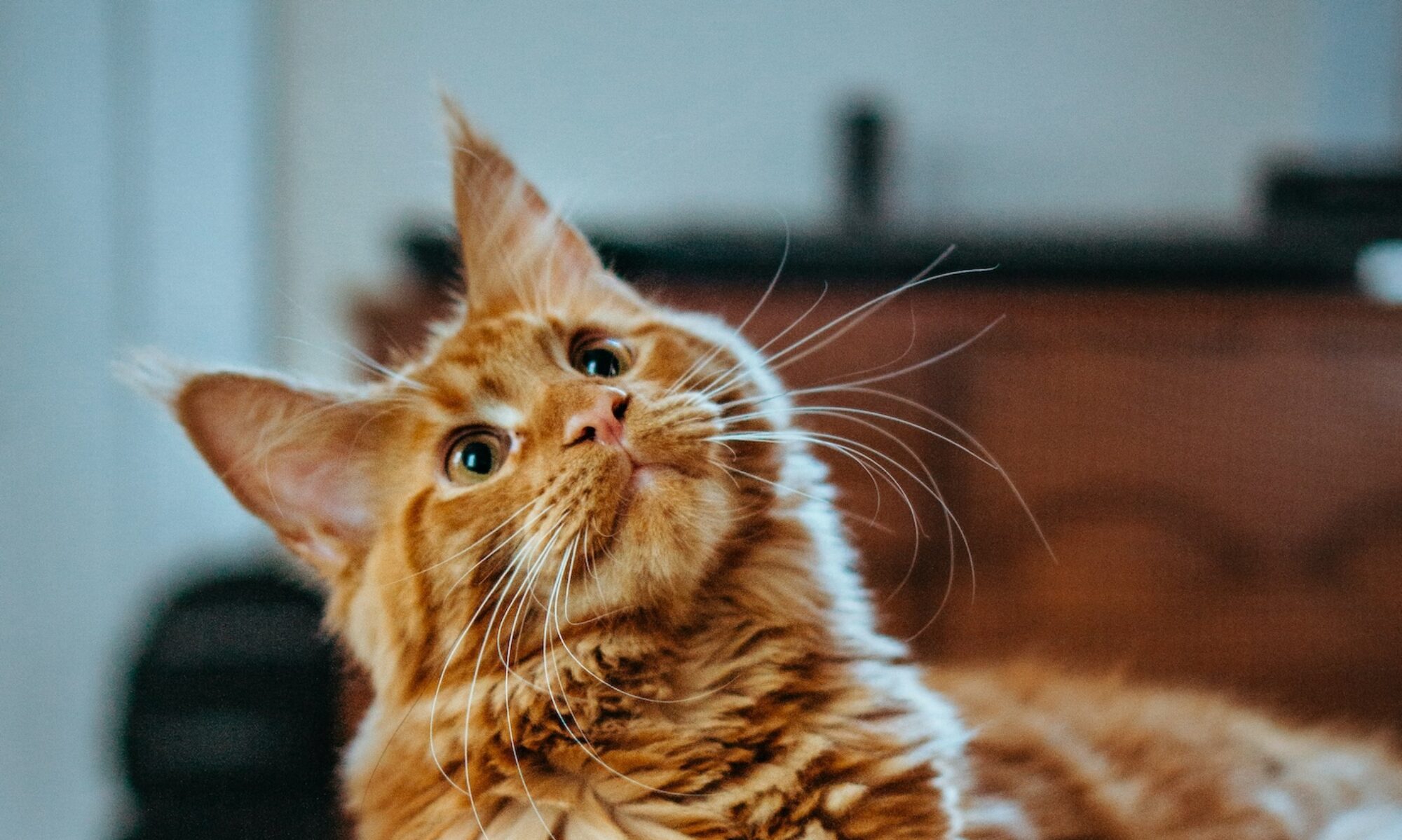Some days I simply pause, completely perplexed at what current culture feels a need to next debate. Intelligent people on all sides of the aisle or all sides of something wrangle about all sorts of issues, each seemingly, boldly declaring that they represent the moral authority in the land. I see a world which is morally confused. And our intelligence has gotten in the way.
As referenced here last fall, for example, in Iceland, doctors are now required to tell expectant mothers about an available screening test that can indicate the presence of Down syndrome in their baby. CBS originally ran this story under the headline “Inside the Country Where Down Syndrome Is Disappearing,” omitting the reality that only live birth stats were decreasing due to abortion — not because fewer babies had the genetic disorder. Close to 100% of unborn babies diagnosed with Down syndrome in Iceland are now aborted.
An entire people group is being eradicated because of who they are and how they are born.
With the Icelandic development combined with already high American abortion rates when a baby is identified as having a third copy of chromosome 21, there has been a push in recent years for state legislatures to enact law which prohibits abortion based strictly on a Downs diagnosis. Indiana, Louisiana, North Dakota, and Ohio have already passed such legislation, with Utah’s legislature currently debating such a bill.
And hence, we debate. We debate what’s right. We debate who is right. And yes, sometimes intelligence seems to get in the way.
A week ago, longtime, well-known Washington Post journalist, Ruth Marcus, addressed the issue. Marcus is a woman the Intramuralist has long read and respected, as she is articulate, witty, and bright. She identifies as liberal with the Democratic Party (… and friends, for a more balanced perspective, please be reading people from both or multiple parties…).
While I respect Marcus’s support of abortion law, it was the following expression that made this parent pause:
“… I respect — I admire — families that knowingly welcome a baby with Down syndrome into their lives. Certainly, to be a parent is to take the risks that accompany parenting; you love your child for who she is, not what you want her to be.
But accepting that essential truth is different from compelling a woman to give birth to a child whose intellectual capacity will be impaired, whose life choices will be limited, whose health may be compromised. Most children with Down syndrome have mild to moderate cognitive impairment, meaning an IQ between 55 and 70 (mild) or between 35 and 55 (moderate). This means limited capacity for independent living and financial security; Down syndrome is life-altering for the entire family.
I’m going to be blunt here: That was not the child I wanted…”
As a person who made the choice not to abort my child with Downs, I appreciate Marcus’s admiration and respect. Now let me be blunt in response.
My child with Downs, Joshua, was not the child I wanted either.
I didn’t want a son whose intellectual capacity was impaired, whose life choices would be different than mine, nor one who had to deal with a life-threatening heart defect. I didn’t want that. For him or for me. In fact — let’s get real here — I actually prayed that Josh would not have Down syndrome.
But thank God sometimes His answer is different than we ask. I didn’t know what I didn’t know. I didn’t know how much this young man — who yes, is different than me — would teach me. I didn’t know how much I could learn from one whose IQ is significantly lower than mine. I didn’t know how impactful it would be to do life and raise a child with a disability. I didn’t know how much it would change me — and yes, how much I would grow from being changed. I had zero clue how vibrant the life and amazing the impact a person absent of high intellect could be.
The reality is that Josh is thriving. The reality also is that if I was not given the responsibility to parent young master Josh, I would know no more of life and God than I already do.
Thank God He did not answer my prayer the way I asked. Had Josh been any different, I would not be different. I would have grown less.
Instead, I’ve grown to be humbler, wiser, and far more empathetic and compassionate for others — for who they are and how they are born… all because of that one very special Joshua… that one extra chromosome… and a God who knew better than me.
Respectfully… always…
AR
